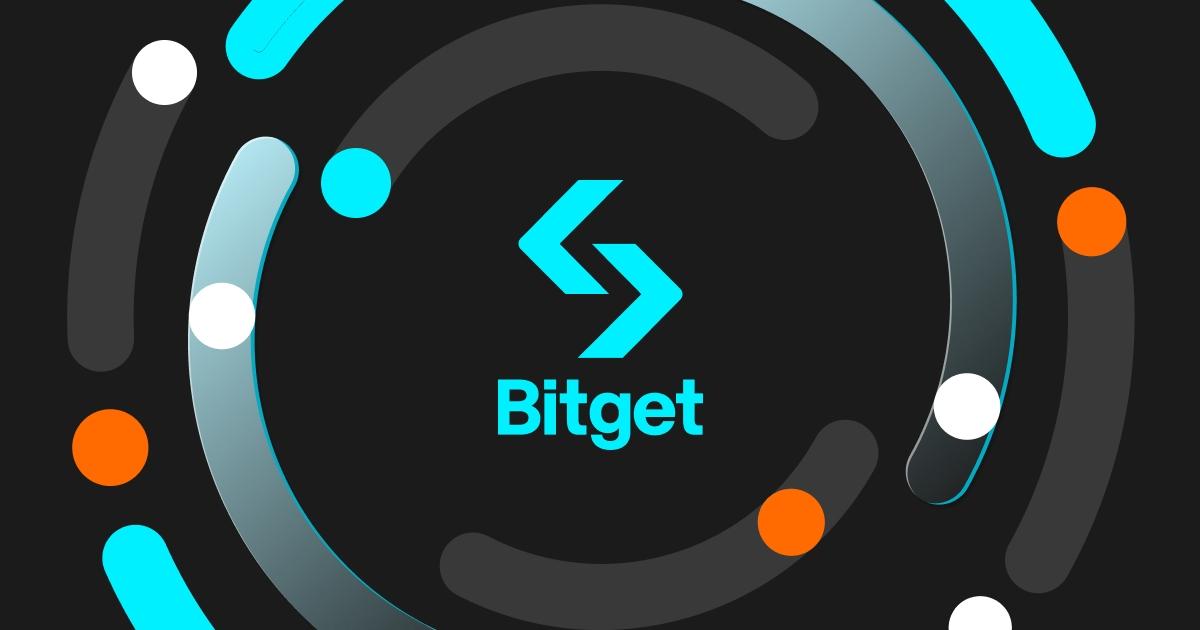Crypto Exchange Bitget Seeks Damages After VOXEL Trading Glitch
28.04.2025 16:00 1 min. read Alexander Stefanov
Bitget is taking legal action after uncovering a coordinated exploit that cost the exchange over $20 million.
According to executive Xie Jiayin, eight users allegedly formed a professional group that manipulated a system flaw tied to the VOXEL token.
The glitch, which occurred on April 20, caused VOXEL’s price to skyrocket over 200%, sending daily trading volume to nearly $13 billion — briefly surpassing Bitcoin’s activity on the platform.
Industry observers noted that some traders made outsized profits with investments as small as $100.
In response, Bitget froze suspicious accounts, reversed transactions linked to the exploit, and pledged to redistribute any recovered funds to impacted users through an airdrop.
Legitimate VOXEL traders who operated between 16:00 and 16:30 UTC that day were assured their withdrawals would not be affected.
While Bitget hasn’t shared identities or detailed evidence yet, it plans to release a full report to explain the incident and restore user confidence. Meanwhile, VOXEL’s surge quickly faded; the token was last reported down 2%, trading around $0.07.
-
1
Trump’s 2024 Crypto Earnings Top $58 Million—DeFi Stake Drives Most of the Haul
16.06.2025 9:00 2 min. read -
2
Tron Sets Sights on Wall Street Through Reverse Merger
17.06.2025 7:00 1 min. read -
3
Tether Now Among World’s Largest Holders of U.S. Treasuries, CEO Says
21.06.2025 9:00 1 min. read -
4
Big Funds Sell $51B in May, But Buybacks Cushion U.S. Stock Market
20.06.2025 10:00 2 min. read -
5
Canton Network Developer Secures $135M to Expand Institutional Blockchain Use
25.06.2025 12:00 1 min. read
Robinhood Faces Scrutiny from European Bank Over Tokenized Stock Offerings
Lithuania’s central bank has reached out to Robinhood for further details regarding its newly launched stock token products, following a public distancing by OpenAI from the initiative.
USA Imposes Tariffs on Multiple Countries: How the Crypto Market Could React
As President Trump accelerates his tariff strategy ahead of the August 1 deadline, new White House letters reveal formal trade warnings sent to multiple nations, including Tunisia, Cambodia, Indonesia, and others.
UAE Regulators Dismiss Toncoin Residency Rumors
United Arab Emirates authorities have formally denied reports linking Toncoin (TON) ownership or staking to long-term visa eligibility, calling the circulating claims inaccurate and misleading.
Binance Could Introduce Golden Visa Option for BNB Investors Inspired by TON
Changpeng Zhao, the former head of Binance, has hinted at the possibility of a new initiative that would allow BNB token holders to obtain long-term residency in the United Arab Emirates through a token-staking model.
-
1
Trump’s 2024 Crypto Earnings Top $58 Million—DeFi Stake Drives Most of the Haul
16.06.2025 9:00 2 min. read -
2
Tron Sets Sights on Wall Street Through Reverse Merger
17.06.2025 7:00 1 min. read -
3
Tether Now Among World’s Largest Holders of U.S. Treasuries, CEO Says
21.06.2025 9:00 1 min. read -
4
Big Funds Sell $51B in May, But Buybacks Cushion U.S. Stock Market
20.06.2025 10:00 2 min. read -
5
Canton Network Developer Secures $135M to Expand Institutional Blockchain Use
25.06.2025 12:00 1 min. read


